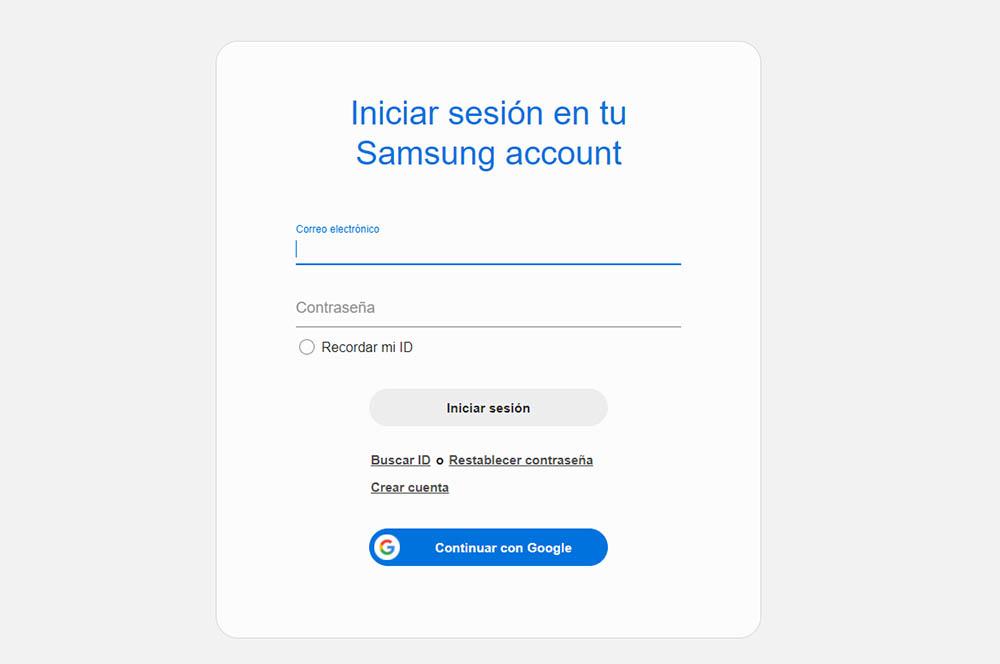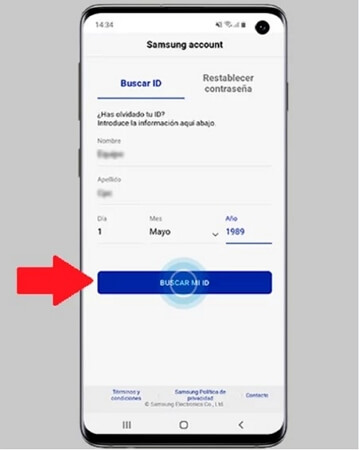
Cómo recuperar el identificador y contraseña de tu cuenta Samsung si no los recuerdas | Samsung España

Cómo recuperar el identificador y contraseña de tu cuenta Samsung si no los recuerdas | Samsung España

Cómo recuperar el identificador y contraseña de tu cuenta Samsung si no los recuerdas | Samsung España






















